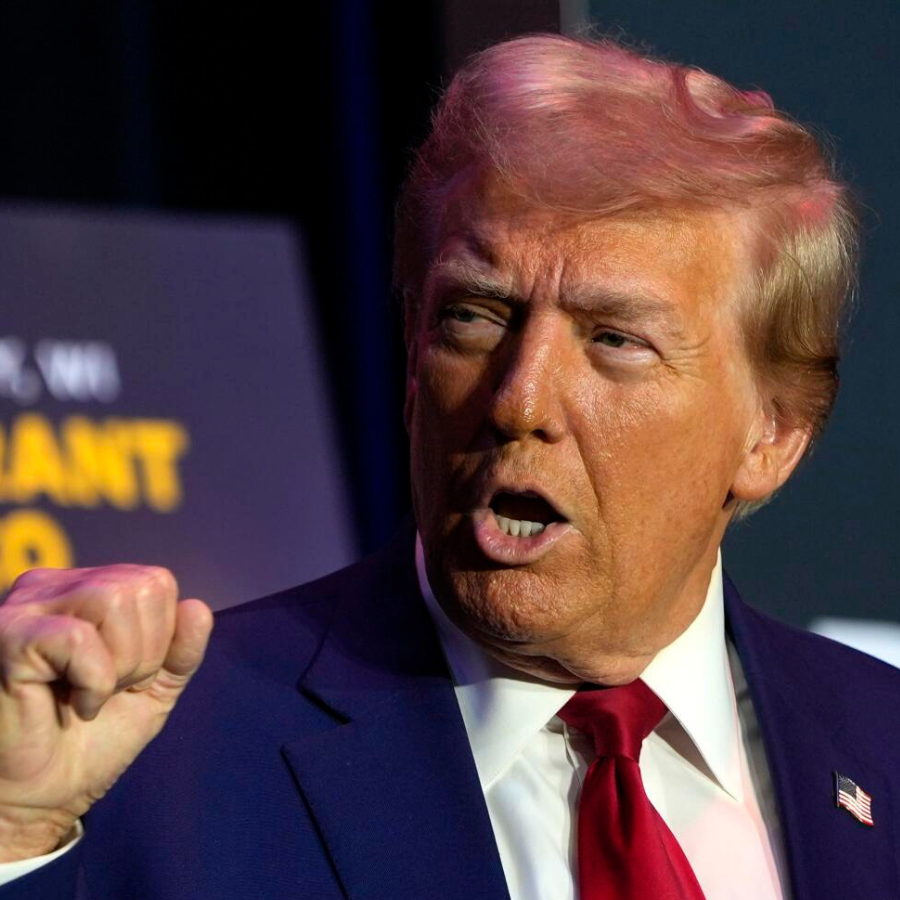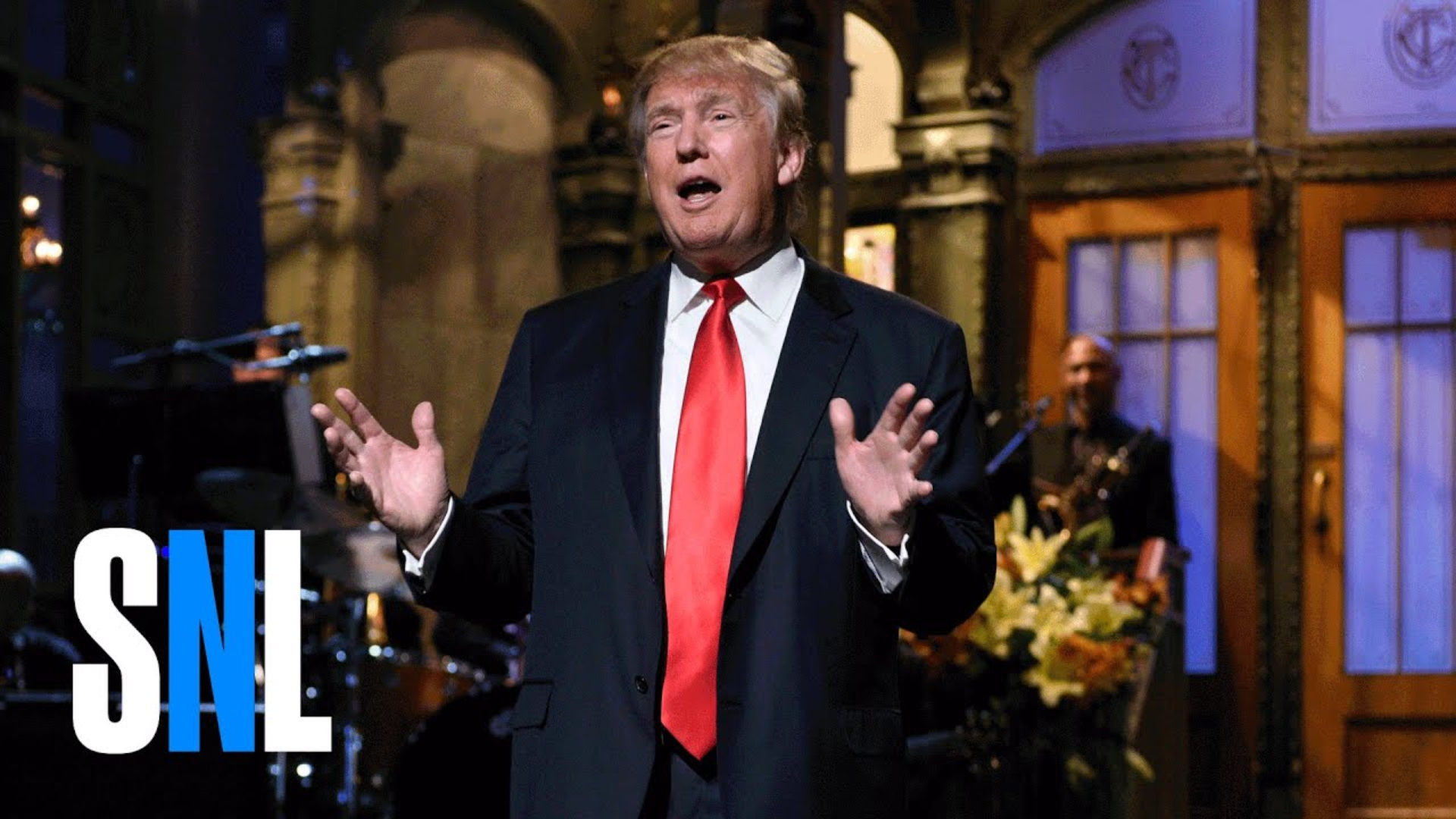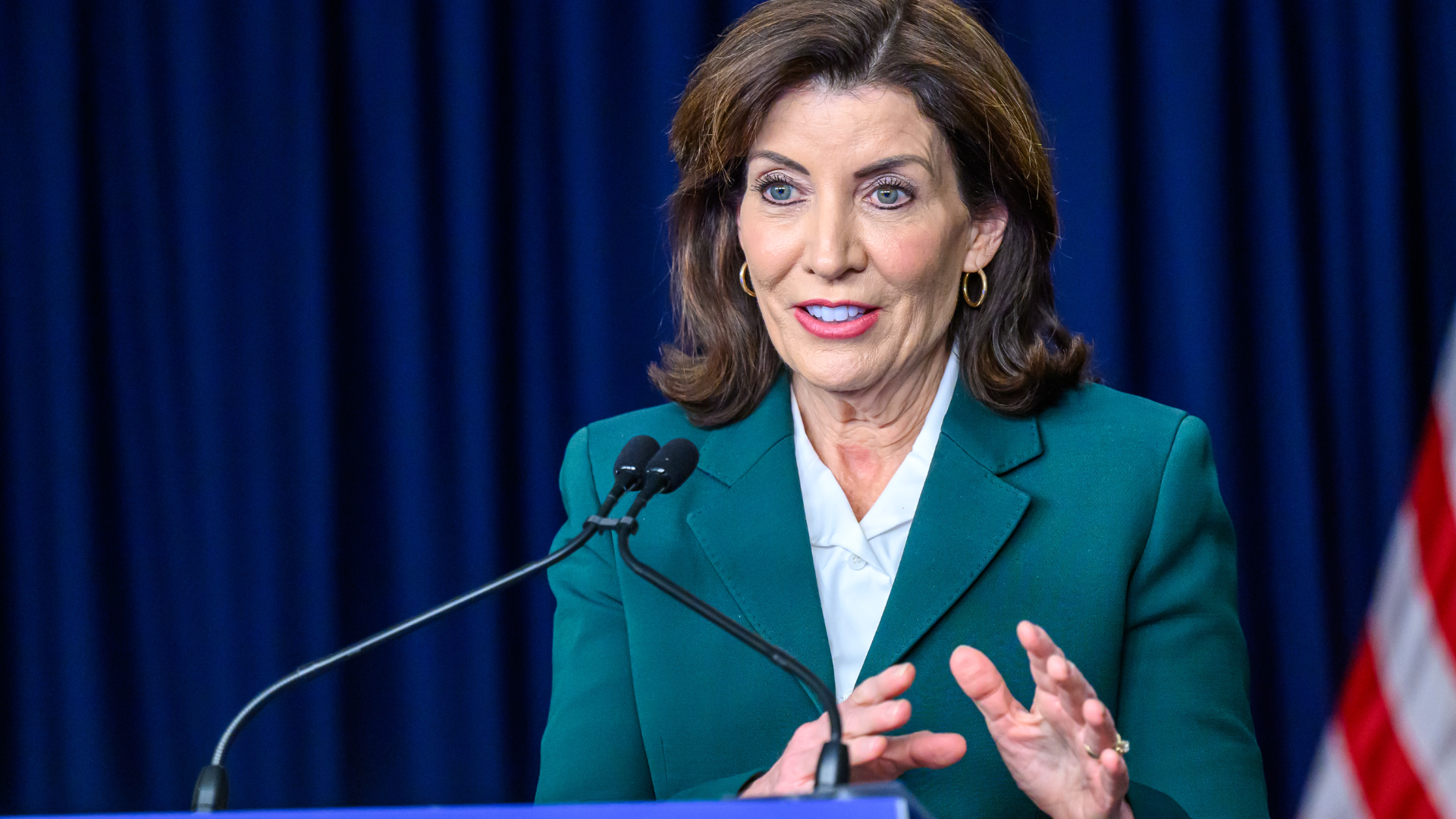
In light of former President Donald Trump’s increasingly erratic behavior, concerns over his mental fitness for office have resurfaced.
Many are questioning whether he possesses the stability required to hold a leadership role of such significance. Numerous mental health experts are now pointing to a troubling pattern that stretches back over his eight years in the public spotlight, raising urgent questions about his ability to govern.
Trump’s public behavior, from his speeches to his social media posts, has provided a wealth of material for experts to analyze. His often disjointed ramblings and seemingly nonsensical comments have led some to compare his mental state unfavorably with that of past presidents.
Unlike the 1964 case of Barry Goldwater, where the media hesitated to discuss a candidate’s mental fitness openly, Trump’s behavior has been so publicly documented that it’s difficult to ignore.
Medical professionals have analyzed his speeches, interviews, and actions and concluded that his behavior presents numerous red flags.
With thousands of documented falsehoods and contradictory statements, Trump’s actions are frequently viewed as inconsistent with sound decision-making.
Psychiatrists and psychologists, many of whom have closely monitored Trump over the years, express concern over the possibility of undiagnosed mental issues.
Although an exact diagnosis is less important than the broader issue, these professionals stress that the former president’s apparent instability could pose risks if he were to hold office again.
The main issue here isn’t just about diagnosing Trump but about ensuring that leaders are mentally fit to handle the pressures of the presidency.
The stakes are high, and mental health professionals are urging the public to consider whether Trump’s behavior aligns with the responsibilities of national leadership.
Mainstream media has often softened Trump’s more bizarre moments, arguably making him appear more coherent than he is. Many journalists have been accused of “sane-washing” his statements, toning down the more alarming elements. However, some outlets are beginning to take a bolder stance.
A recent article highlights the “elephant in the room”—the undeniable signs that Trump’s mental fitness might not meet the standards expected of a president.

Despite some newspapers treading lightly on the topic, there’s a growing recognition that the public deserves transparency. Trump’s performances, often veering into the bizarre or seemingly delusional, have led to increasing calls for a more honest portrayal of his mental state.
This growing body of evidence is prompting Americans to ask: Should we heed the warnings from medical experts, or should we ignore them and assume Trump is simply eccentric?
The question of Trump’s mental fitness has real implications for the nation’s future, and some believe it’s too risky to ignore.
If Trump’s actions are indicators of serious mental health issues, there are legitimate concerns about what could happen if he were to return to power. Ignoring these red flags could lead to unpredictable consequences for the country.
As the debate continues, the key takeaway is that a candidate’s mental fitness is a crucial part of their suitability for office. While some may dismiss concerns as mere speculation, others argue that overlooking such indicators could be dangerous.
The American public deserves leaders who are mentally equipped to handle the immense responsibilities of their roles.
Ultimately, the nation must decide whether to take these warnings seriously or to roll the dice on Trump’s mental state, with the hope that it’s all just a part of his unique persona.
In either case, the stakes are high, and the public will have to grapple with the potential consequences of that choice.













